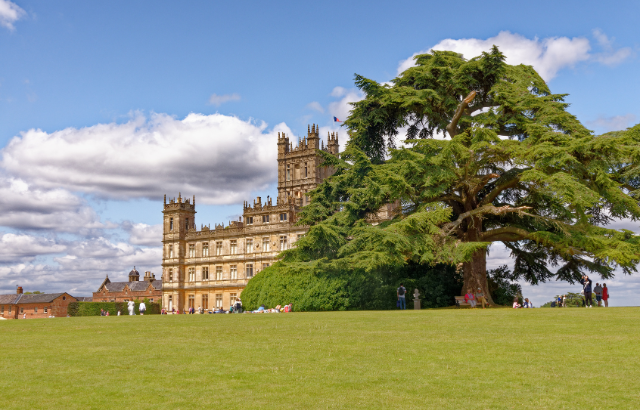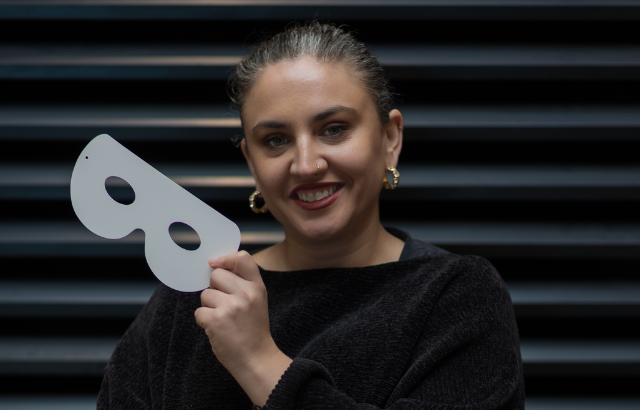Exploring how new technologies can preserve and protect indigenous cultures
Queen Mary has teamed up with indigenous researchers from Brazil and the Horniman Museum and Gardens to create an immersive experience which shows how new technologies can preserve and protect indigenous cultures.

Takumã Kuikuro is an award-winning indigenous filmmaker
Researchers from the People’s Palace Projects at Queen Mary University of London have teamed up with filmmaker Takumã Kuikuro and other indigenous researchers to bring an immersive experience about a village in the Xingu territories of Brazil to the Horniman Museum and Gardens in south London.
The installation brings alive both the day-to-day existence and the urgent issues of a community of 800 people, whose lives are held in a delicate balance between first millennium cultural practices and the technologies of our contemporary world.
Preserving culture through virtual reality
By combining digital content, captured using world-leading cultural conservation practices, with virtual and augmented reality tools, visitors will be taken on a journey to Ipatse village, where they will learn about the day to day life, environment and cultural practices of the Kuikuro.
The installation, the first of its kind, involved indigenous people directly in a process that both preserved and disseminated their social and cultural histories. Through use of non-contact technologies, the project has raised awareness of remote and fragile indigenous communities, whose way of life is beyond the reach of the general public, without putting them at risk.
Professor Paul Heritage, Director of People’s Palace Projects at Queen Mary said: “From the Xingu we learn how arts and cultural practices are essential to the preservation of life and the protection of the global environment. This unique international partnership shows how immersive technologies create new connections between objects and people, revealing the stories we need to tell and to hear about the world around us.”
The exhibition takes place at the Horniman Museum and Gardens between 15 and 16 December 2018.
About People’s Palace Projects
People’s Palace Projects was set up in Queen Mary’s School of English and Drama in 1996. For the past 20 years, its cultural exchange programmes and creative projects have sought to make a measurable impact on people’s lives. This includes working in the Brazilian prison system, negotiating cease fires between rival drug gangs in Rio de Janeiro and improving degraded environments in Acre, Brazil.
In 2010, People’s Palace Projects became the first and only UK arts organisation to be designated as one of the Brazilian Ministry of Culture’s International ‘Pontos de Cultura’ (Points of Culture). Professor Paul Heritage has also been knighted by the Brazilian government for his contribution to UK-Brazilian cooperation.
More information
- Find out more about the Xingu Village research project
- Read more about People’s Palace Projects at Queen Mary
- Study English and Drama at Queen Mary.
Related items

25 October 2024

1 October 2024
For media information, contact:
